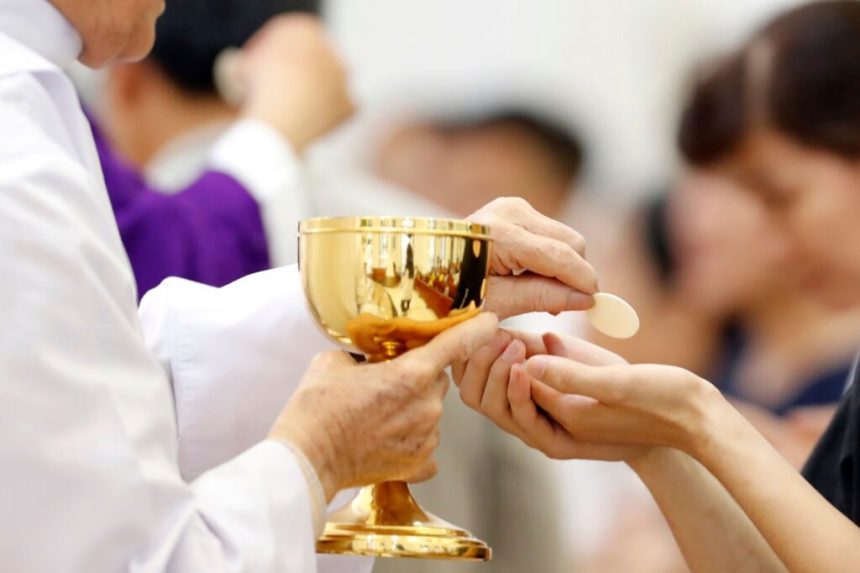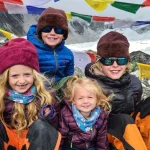There’s something deeply human about rituals—small, repeating acts that ground us in the flow of life. They don’t demand grand gestures or loud announcements. Instead, they whisper: “Here’s your morning. Here’s your evening. Here’s another moment to breathe.”
Maybe yours begins with the soft hum of coffee brewing, the aroma drifting through quiet rooms as sunlight filters in. Or perhaps it’s the steady page-turning during a few stolen minutes of reading before sleep, or the ritual of stepping out into the street and greeting the sky. Whatever the form, these rituals carry weight because they repeat, day by day, marking time with meaning.
In our digital age, rituals offer resistance. They momentarily slow down the barrage of notifications and tasks. When you pause intentionally—to stretch, to journal, to walk bare feet on the grass—you reclaim a fragment of control. You invite your senses back into your day. You anchor your identity in tiny acts that reflect your values more than your to-do list.
These rituals change over life. What felt grounding in youth may evolve into something different later. The nightly gratitude prompted at the end of a busy day, the ritual of cooking a meal from scratch instead of grabbing convenience food, the quiet sketching of ideas on paper before sleep—each one becomes a bridge between your internal world and your outer life.
And sometimes, technology and ritual blend in curious ways. Imagine pausing your phone mid-morning, scanning a QR code generator placed on your desk that links you to a guided breathing exercise or a short poem. Something so subtle, a digital prompt becomes part of your ritual instead of distraction. It turns an everyday object into a doorway inwards.
There’s also power when rituals become shared. A friend who texts “good morning” every sunrise, a partner who waits for you to sit across the table before talking, or a family tradition of Sunday walks—all these echo across distance and time. The individual acts don’t compensate for loneliness, but they weave threads of connection among people who care.
Rituals aren’t a guarantee of calm. Life will still curve around them—emergencies, surprises, interruptions. But rituals help us return. They create a soft structure into which spontaneity and uncertainty can flow. They don’t ask us to control life; they ask us to notice it.
So today, pick a small act—a sip of tea, a glance out the window, a thought held for a second longer—and make it yours. Let it be a quiet ritual that marks your presence, no matter how small. Over time, these acts accumulate, and one day you’ll look back and see that your days were woven not just with moments, but with meaning.









